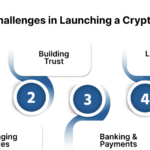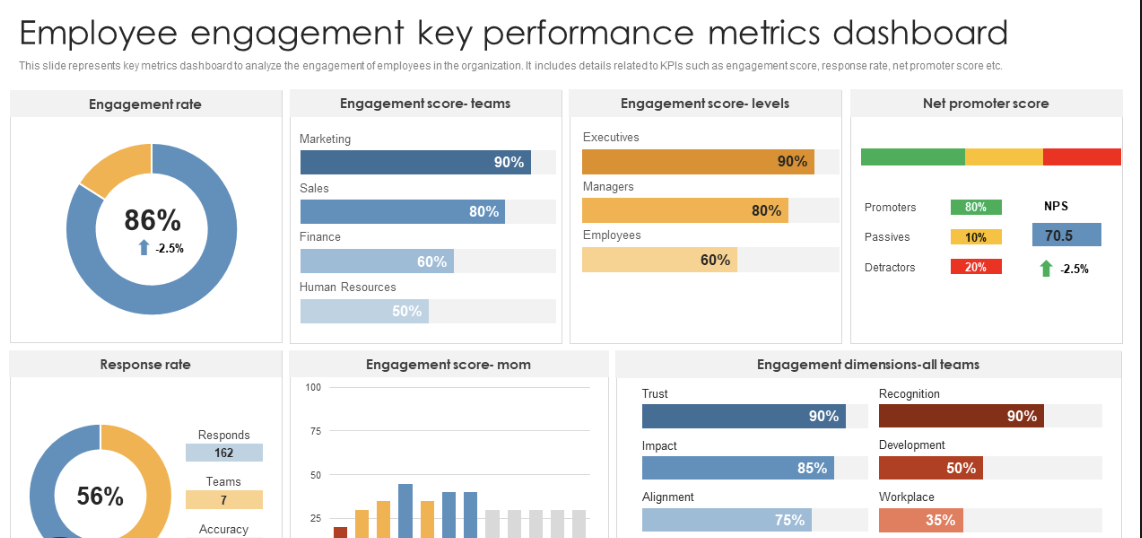Ever wonder why we can’t resist a good game or challenge? Whether solving a tricky puzzle, beating a video game, or competing in sports, something in us craves it. It is not just about fun—it is how we are wired.
Games spark our brains, push us to think, and make us feel alive. Challenges give us purpose and help us grow—while keeping us entertained. That drive shapes who we are in work, life, and even play. Let’s explore why we love the thrill and why it is more powerful than we might think.
The Timeless Allure of Games and Puzzles
There is something deeply human about the joy of games and puzzles. From ancient times, think of the Egyptians playing Senet or the Chinese mastering Go. From those origins to today’s mobile games and brain teasers, people have always been drawn to challenges that demand thought, reaction, and strategy. Even the simplest games can hold us. Why? Because they tap into something fundamental in our brains.
Take classic online slots, for example. They may appear as light entertainment, yet they tap into our love for patterns, timing, and the thrill of not knowing what comes next. That little rush when the reels align just right is the brain lighting up in response to anticipation and reward.
What keeps us engaged is not always the prize but the process. This is called intrinsic motivation. We are wired to enjoy the act of solving problems, mastering skills, or beating personal bests. Games provide a safe space to try, fail, and try again without real-world consequences.
In a chaotic world, games and puzzles offer something steady: clear rules, defined challenges, and the promise of satisfaction. People will always crave that.
The Psychology Behind Why We Crave Challenges
Ever wonder why your brain lights up when you crack a puzzle or push through a workout? It is no accident. Our minds are built to seek challenges. When we face something beyond our comfort zone, dopamine floods the brain, not purely for pleasure but in anticipation of success. This is part of the reward system that nudges us forward.
Then there is flow. This is the sweet spot where everything clicks, time slips away, and you are fully absorbed in the task. Scientists link flow to the harmony of neural networks that release dopamine and manage attention.
Challenges also provide a sense of control and achievement. Each solved riddle or completed level is a marker of growth. That feeling of progression is what keeps us engaged.
People chase that boost in countless ways in daily life: escape rooms, trivia nights, or marathon training all scratch the same itch. Whether hitting a wall or crossing a finish line, your brain rewards the effort, and you feel more alive.
How Games Shape Personal Development
Games do more than entertain. They influence who we become. Whether you are navigating a tricky puzzle or advancing through a campaign in a strategy game, those habits train the brain. Research suggests playing video games is associated with stronger problem-solving skills, abstract reasoning, and spatial logic.
One of the greatest lessons games teach is how to fail. Failure in this context is not a dead end but a valuable source of feedback. In a safe game space, it shows what did not work so you can try another approach. Studies show that “productive failure” in educational games encourages deeper learning.
Real-world examples highlight this. A designer may sharpen UX instincts by iterating on indie games, while a manager may practise decision-making through simulated business games. Some professionals even use strategy games to test negotiating and planning skills.
Gaming habits encourage creative thinking, resilience, and seeing setbacks as stepping stones toward growth.
The Role of Challenge in Professional Success
The same spark that drives us to puzzles and games can fuel success in professional life. A hunger for challenge fosters ambition, innovation, and leadership qualities in people who are not afraid to test, fail, and try again.
In business, adopting a game mindset can lead to breakthrough ideas. Entrepreneurs often treat product development like levels in a game: test, iterate, pivot, and improve.
Simulation and business games are also used in training to develop strategic thinking and strengthen risk assessment. One study found that gamified training helps employees understand new concepts more quickly and connect actions with outcomes.
Many organisations introduce gamification into the workplace by adding points, badges, and leaderboards to everyday tasks, making them more engaging. According to ADP, gamification turns routine chores into friendly challenges. Harvard also notes that it improves engagement by appealing to our drive for mastery and recognition.
Practical applications are simple. Companies can turn small goals into quests, award badges for reaching learning or sales targets, or create team challenges with leaderboards. Done correctly, this makes work feel like a game worth winning while supporting growth and collaboration.
Challenge Isn’t Just Play—It’s Power
At the heart of every game, puzzle, or competition is something tangible: a deep human drive to grow. We pursue challenges not just for entertainment, but because they sharpen our minds, shape our skills, and push us to become more. That is not a distraction from life. It is one of the ways we progress within it.













